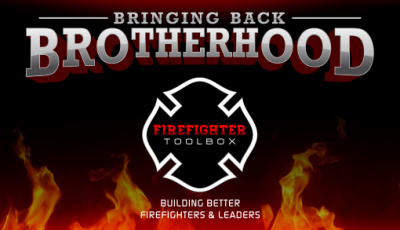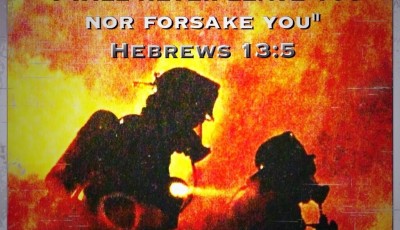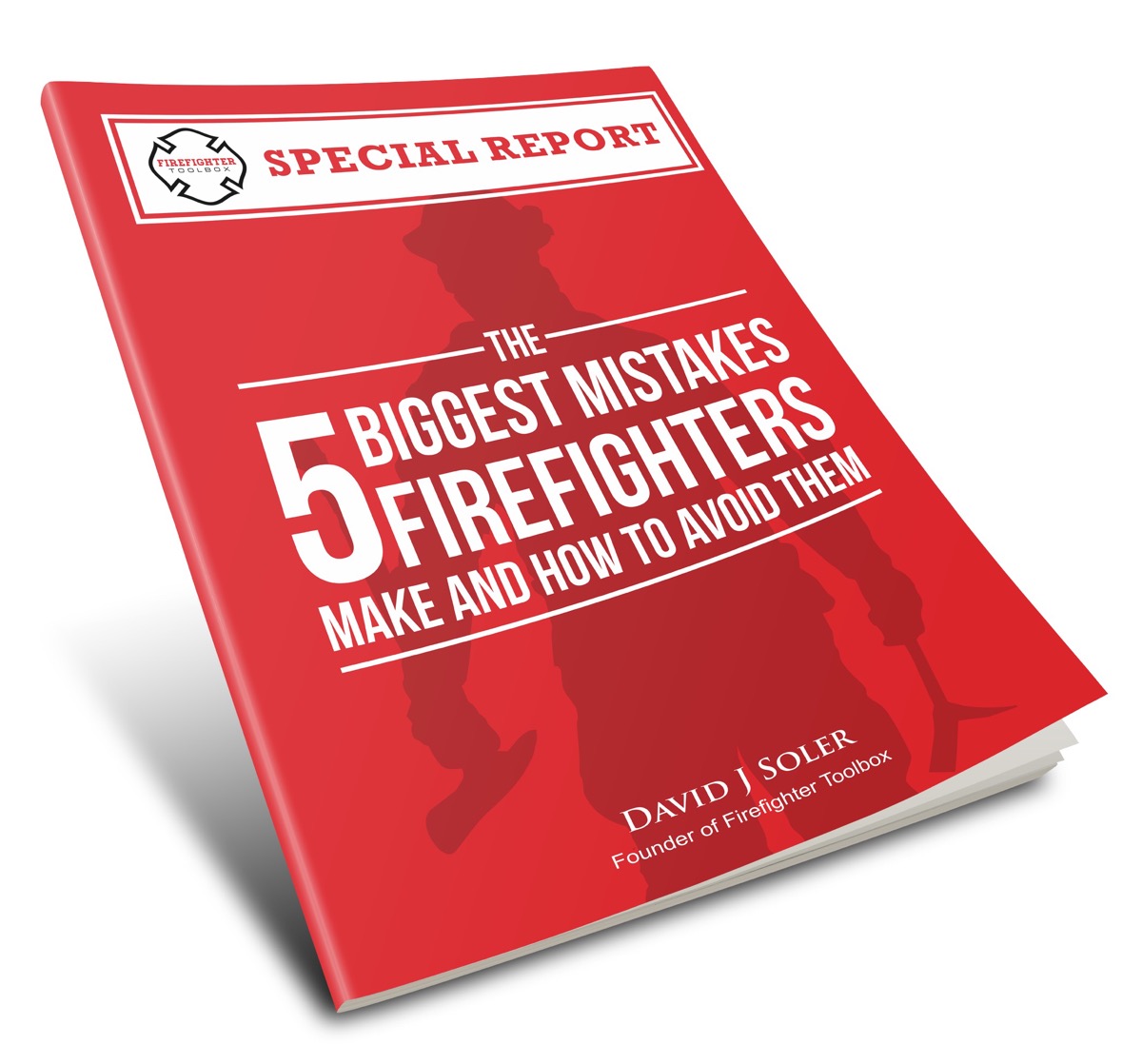Incident Command System – A Faith Based Perspective Part 4
In Part 3 we talked about the call for help in life and the size up we make with regard to the call. Today in our last part in this series we talk about how we read the smoke of life and how we understand those closest to us.
There is no Testimony Without The Test
Coming alongside another who is hurting takes one of understanding. It requires empathy over sympathy for the injured party to confide/open up to you.
The moment of adversity, tragedy, or conflict that you face is not solved by another who can come along side you. It is eased by the comfort of those who have faced this before. Anyone who is married understands that if your wife comes to you with a problem, most of the time she doesn’t want you to solve it; she wants you to listen to her and show that you care.
We as firefighters, come along side others in their moment of crisis with a unique perspective. We have probably seen it, been through it, or experienced this moment in a variety of ways: personally, professionally, or from a support role. We are the “hands and feet of Jesus” in a world that doesn’t care about others.
We show up and help our “neighbors”. Thus this principle and innate drive to serve should compel us to help our brothers and sisters who are struggling.
If you are drowning, call for a life line and if you see someone who is drowning, throw them a rope.
Reading The Smoke
We have to practice the principles of situational awareness in our own fire stations and lives. We must be vigilant to cues/signs of a co-worker who is struggling.
If you are driving back to the station from a call and see a house on fire you don’t keep driving; you take action and go to work. We can apply the same principles of reading smoke to reading our co-workers.
We learn that in reading smoke that turbulent smoke is indicative of high heat, high pressure/velocity that can lead to thermal insult quickly. If you are around a co-worker who has signs of turbulent behavior, it shouldn’t surprise you when you hear of some tragic circumstance later.
We are taught to read the building, read the smoke, understand critical fire ground factors, and to continuously monitor conditions as you apply your strategy and tactics. This same concept can apply to your co-workers and family. You are the best judge of your family’s health because you know them better than anyone else.
If you see signs of instability, withdrawal, difficulty concentrating, making unsafe or dangerous decisions, then you should speak up. Don’t crawl past fire! Put it out. Take your loved one or co-worker aside and tell them that you care.
Part 4 of 4






